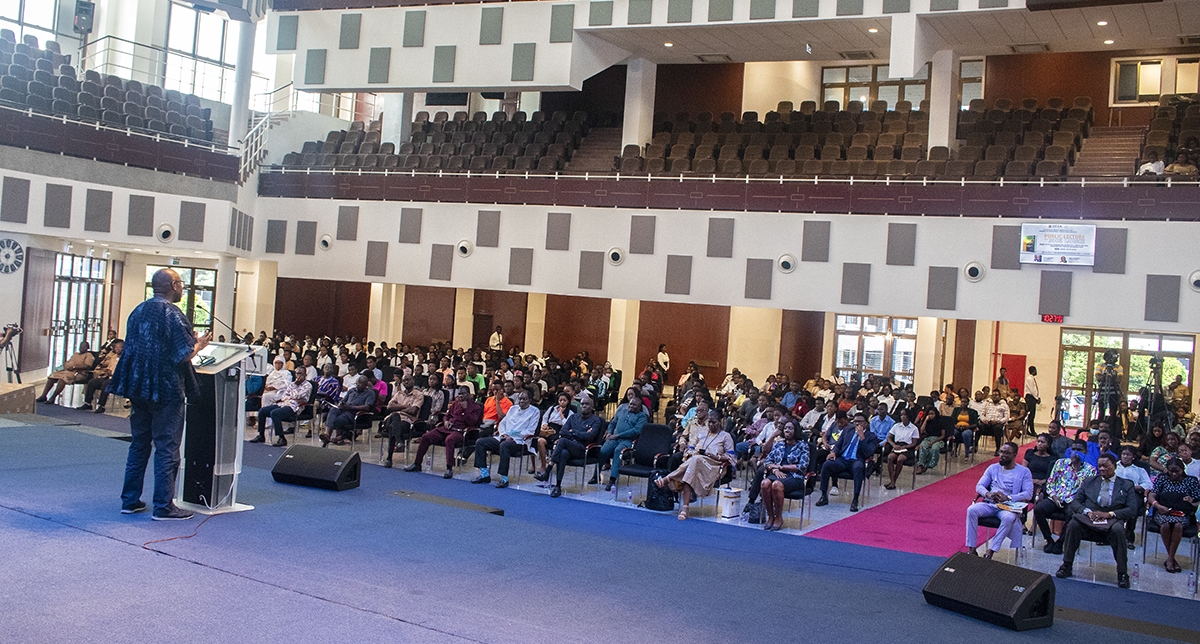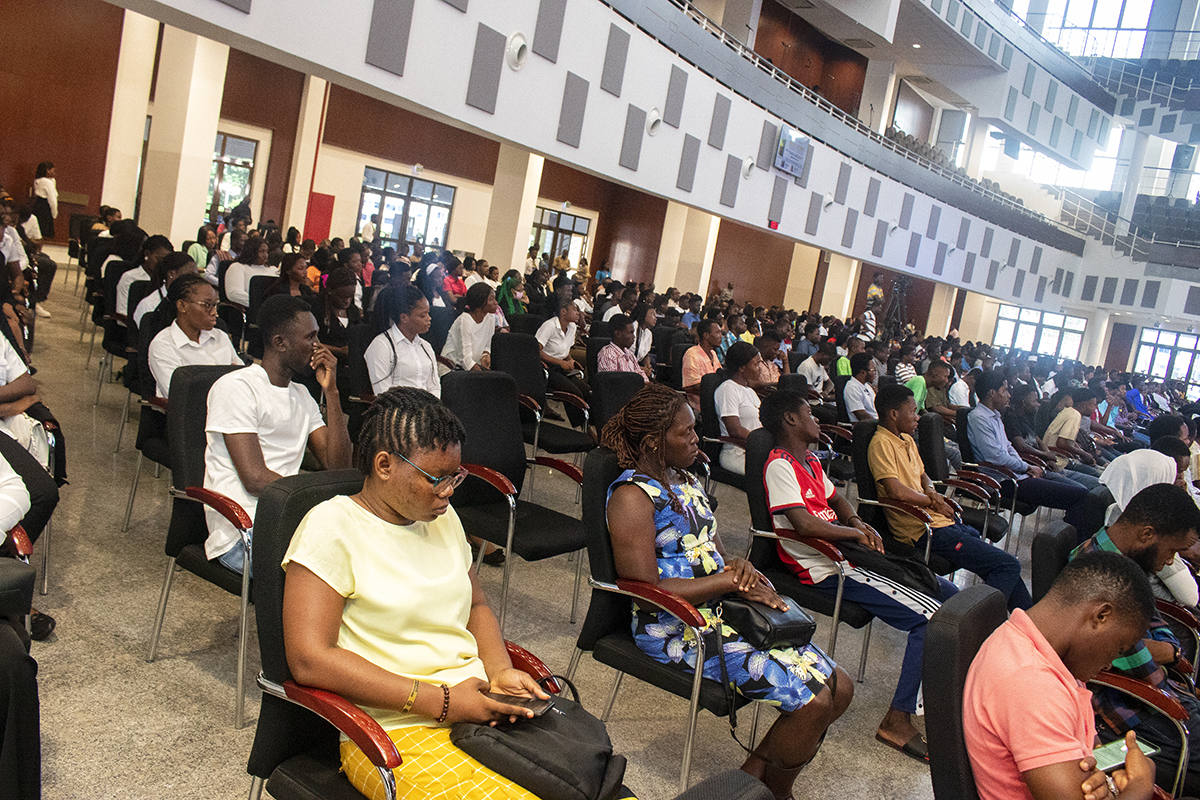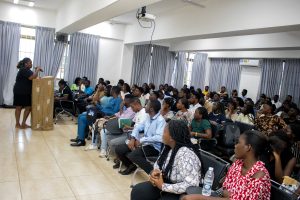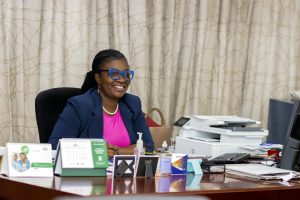Vice Chancellor of the University of Johannesburg, South Africa, Professor Letlhowkwa George Mpedi, has called upon African state actors and policymakers to put in place a specific legal framework to regulate the use of artificial human reproduction technologies.
He acknowledged that although artificial reproductive technologies have become a reality that society is gradually awakening to, the lack of laws on their use may lead to misuse or abuse.
Professor Mpedi made the call at a public lecture and book launch event held on Friday, June 30 at the Kofi Ohene-Konadu Auditorium, University of Professional Studies, Accra (UPSA).
Speaking on the topic “Artificial Reproductive Technology: Ethical and Legal Considerations through an African Prism,” Prof Mpedi highlighted the need for enhanced sensitization and awareness in addressing the challenges and concerns associated with artificial reproductive technologies.

He emphasised the need for individuals to be well-informed in order to make informed choices and mitigate the risks associated with these advancements.
“In many major [African] cities, you find all these artificial reproductive technology centres where would-be parents can go and pay a lot of money for the opportunity to have a child or children,” Prof. Mpedi said.
“While these technologies can be useful, they can also be misused. There is a recent case in the Netherlands where a man fathered over 500 children [through semen donation]. Recently, there were reports that this man was in Kenya donating [his sperm].

“So the risk here is that these children [of this donor] could end up marrying their brothers and sisters without knowing, and the challenge is that many African countries do not regulate this or put limits to prohibit or prevent some of these challenges that may arise when siblings marry each other without knowing that they are related.”
According to Prof. Mpedi, research indicates that Africa’s continually and rapidly changing lifestyle is having a significant impact on reproduction and that infertility has arisen as not only a medical challenge but also as a social and cultural concern.
Prof. Mpedi said that ethically, there were concerns that the technology went against the very process of human procreation.

“As we research further into the field and consider human subjects, does this technology satisfy the four principles of bioethics: autonomy, beneficence, no maleficence, and justice?” he asked.
“From a legal standpoint, currently, there are limited ethical conditions, and human embryos can only be grown for 14 days. With more research and acceptance of this process, how will the law adapt? Firstly, pregnancy laws will need to be reformed. We also have to consider how we approach abortions, for instance. Could this technology be used to amend abortion laws?”
Professor Letlhowkwa George Mpedi also used the occasion to launch his latest book, entitled “Labour Law in Ghana,” which he co-authored with Dr. Theophilus Edwin Coleman.



